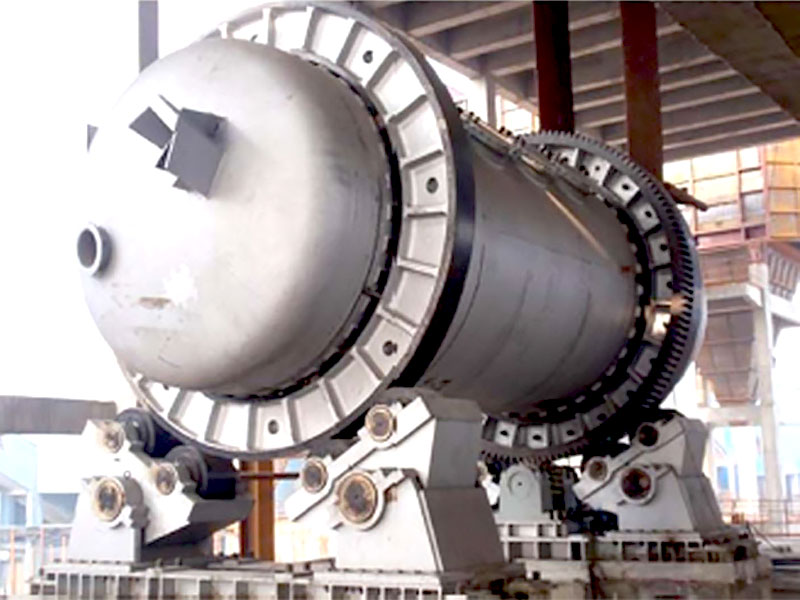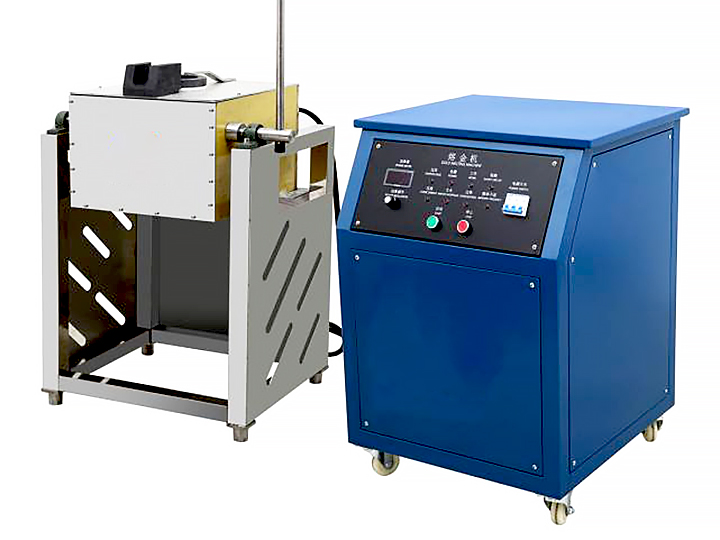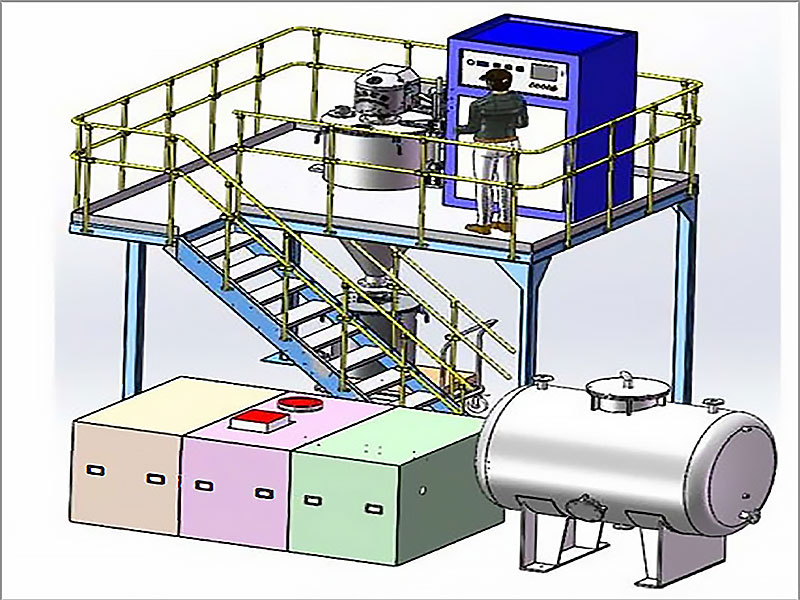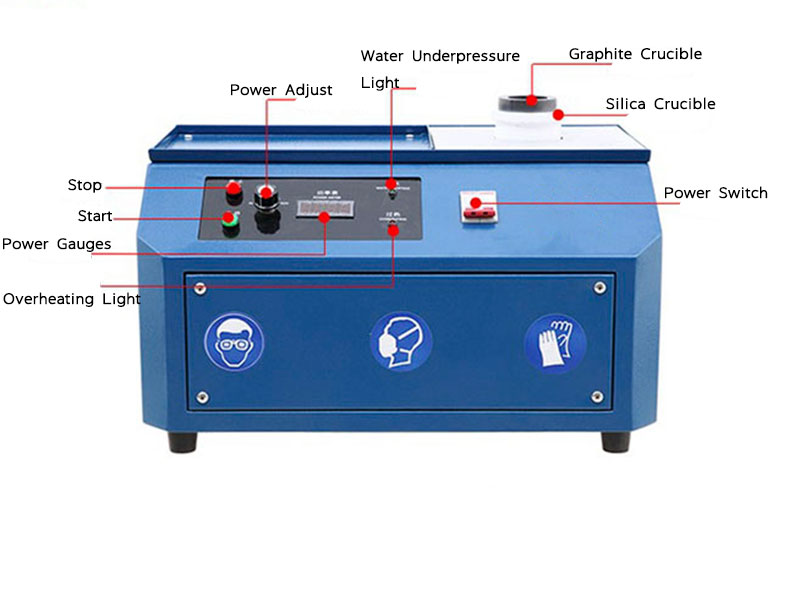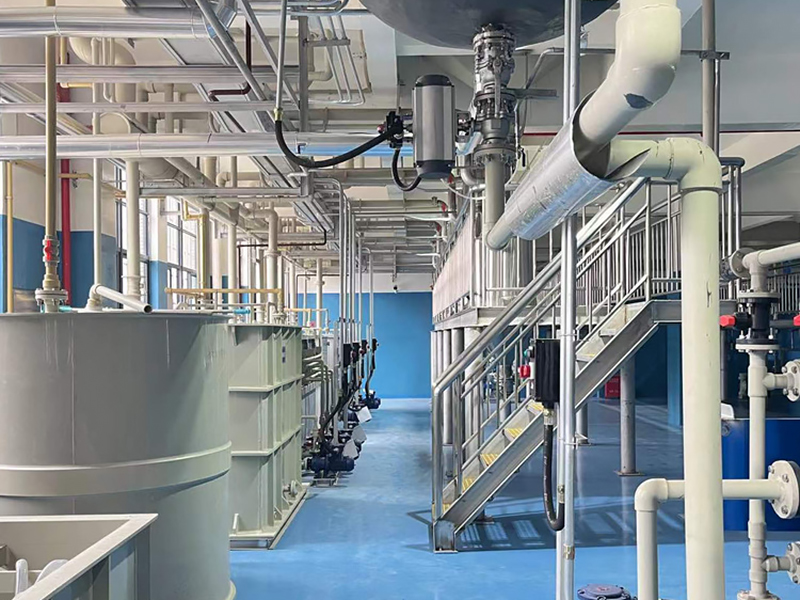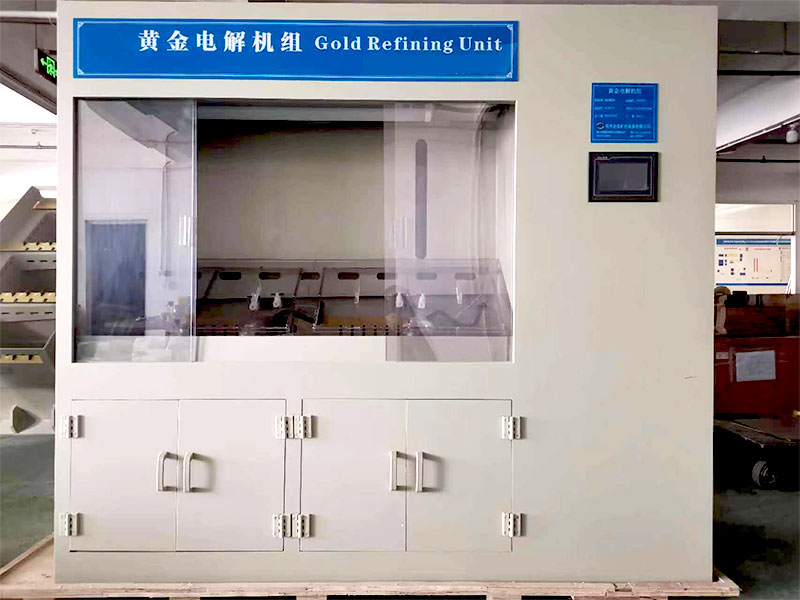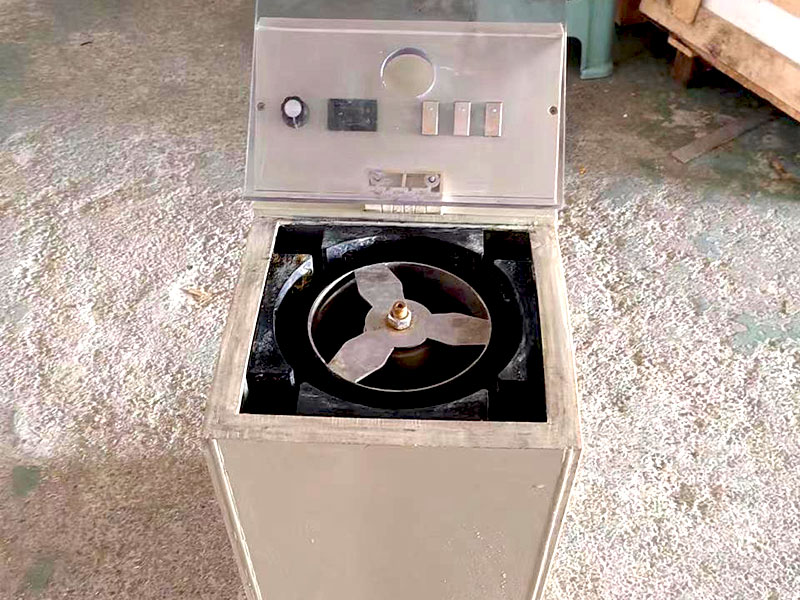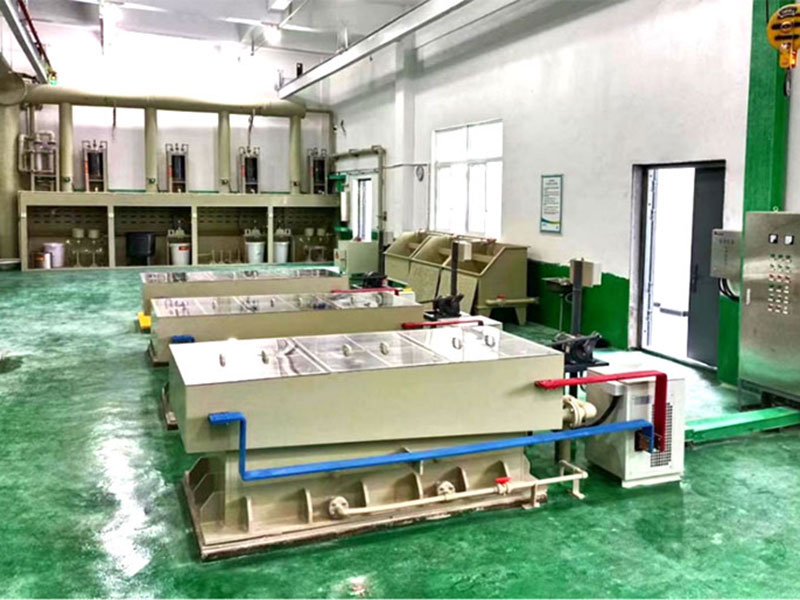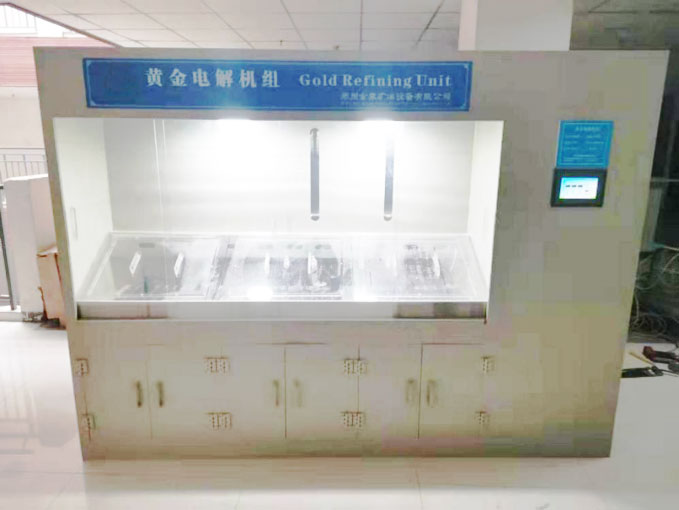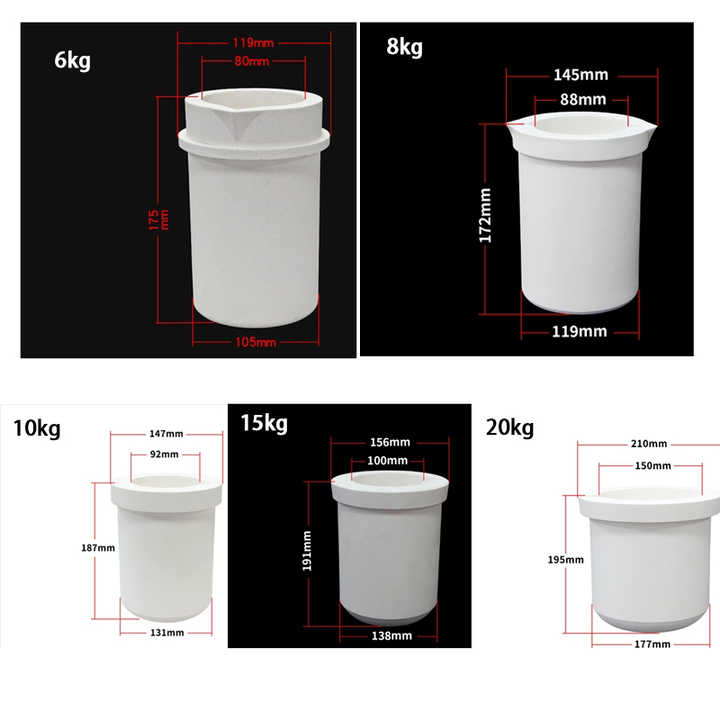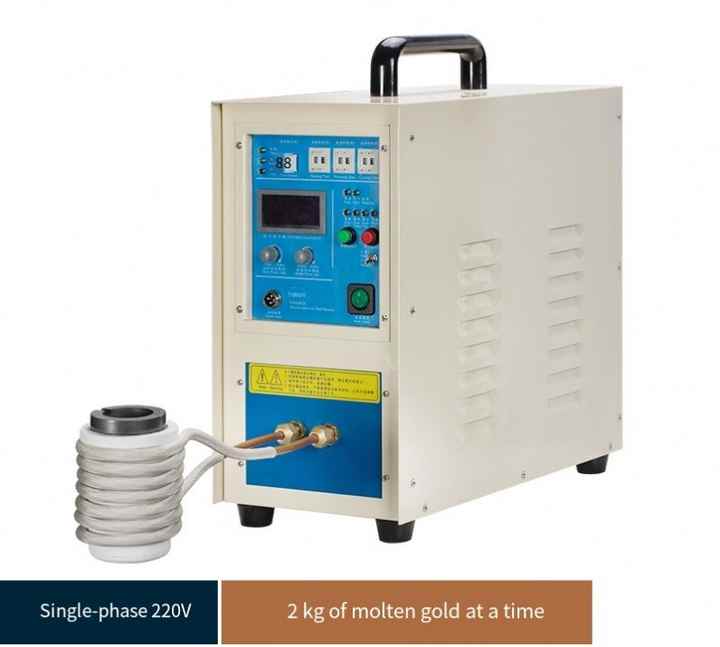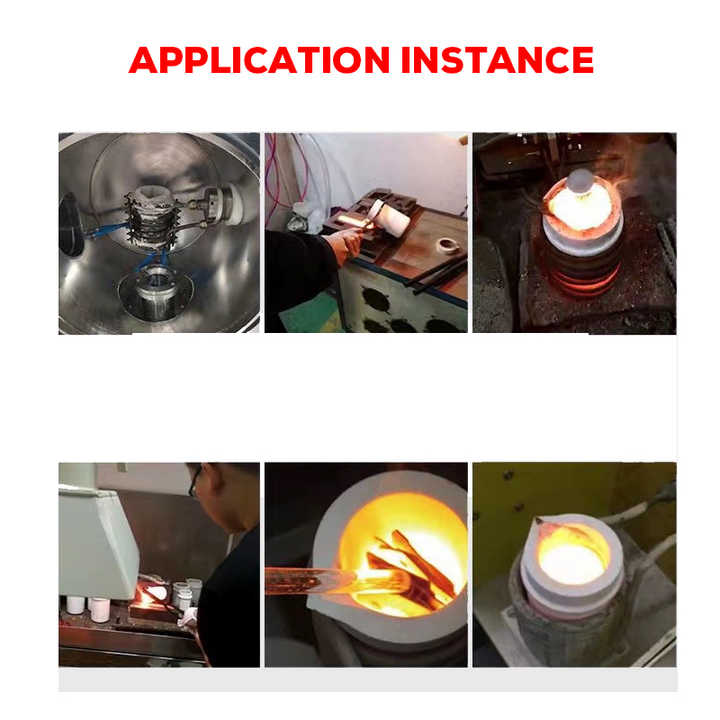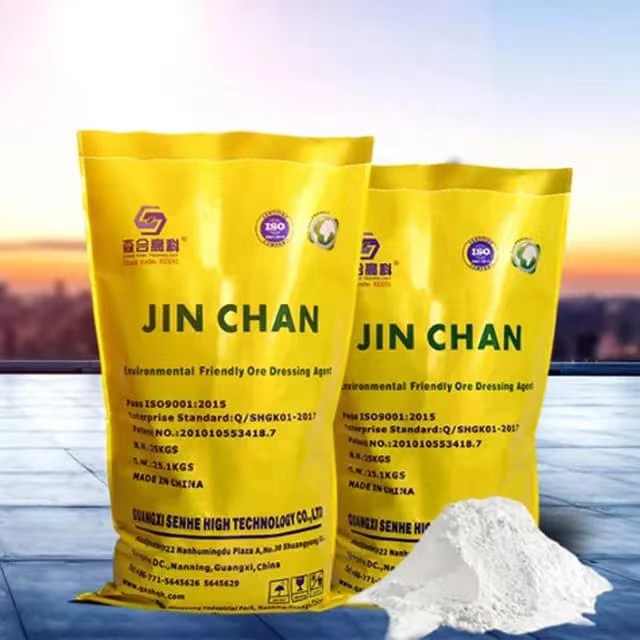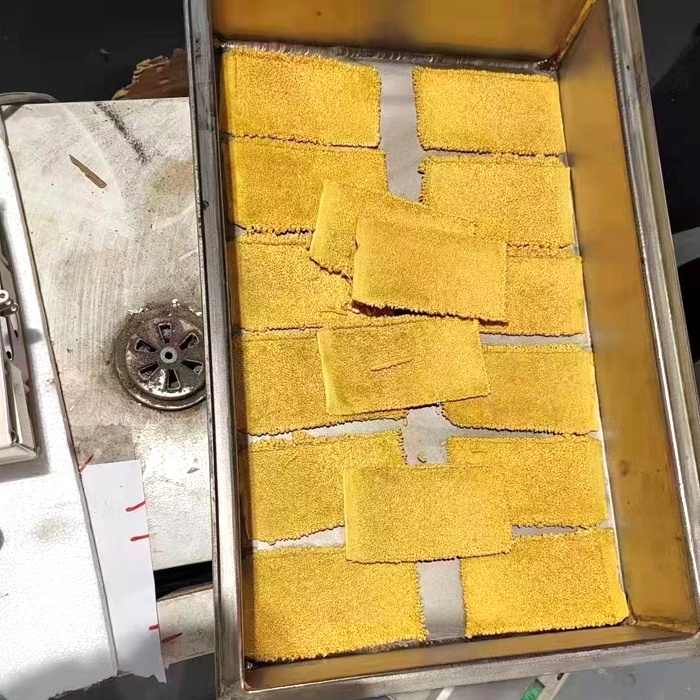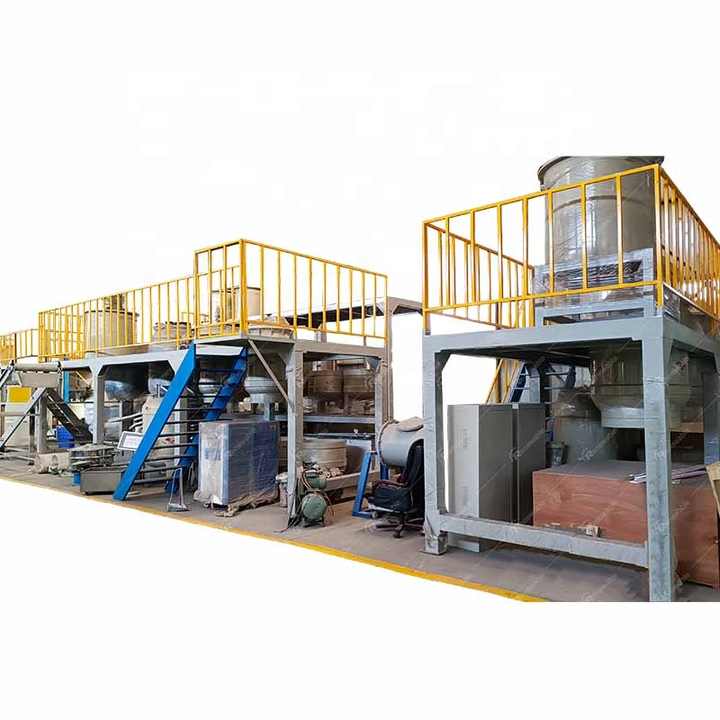gold refining business
Starting and Succeeding in a Gold Refining Business A Comprehensive Guide
The gold refining business has long been an attractive venture for entrepreneurs due to the enduring value and demand for this precious metal. Whether driven by the allure of handling gold or the potential profitability, entering the gold refining sector requires a deep understanding of the industry’s nuances and best practices. This guide outlines the key aspects of establishing and running a successful gold refining business, from initial setup to operational excellence.
Understanding the Gold Refining Industry
Gold refining is the process of purifying gold from raw ore or recycled materials to achieve the highest possible purity. This involves extracting gold from its impurities using various methods, including chemical treatments, electrolysis, and smelting. The refined gold is then sold to buyers such as jewelry manufacturers, investment firms, and industrial users.
Market Analysis
Before diving into the business, conduct a thorough market analysis to understand the current state of the gold refining industry. Identify key players, market trends, and customer needs. Assess the demand for gold in your region and globally, considering factors such as economic stability, investment preferences, and industrial requirements.
Legal and Regulatory Requirements
Starting a gold refining business requires compliance with local and national regulations. Obtain the necessary licenses and permits to operate legally. Familiarize yourself with environmental laws, as gold refining can generate hazardous waste that must be managed responsibly. Adhering to these regulations not only protects the environment but also safeguards your business from legal repercussions.
Business Plan Development
Craft a detailed business plan that outlines your vision, mission, and strategic goals. Include sections on financial projections, marketing strategies, and operational plans. Your business plan should serve as a roadmap, guiding decision-making and attracting investors if needed.
Setting Up Your Refinery
Location and Infrastructure
Choose a location that is easily accessible to suppliers and customers, but also consider zoning laws and the proximity to residential areas. Invest in infrastructure that supports your refining processes, including secure storage facilities, laboratories for testing purity, and safety equipment.
Equipment and Technology
Equip your refinery with state-of-the-art machinery and technology. Essential equipment includes furnaces for smelting, chemical baths for leaching, and electrolytic cells for refining. Modern technologies can improve efficiency and reduce environmental impact, making them a worthwhile investment.
Raw Materials and Suppliers
Establish relationships with reliable suppliers of raw materials, such as gold ore or scrap gold. Ensure that your supply chain is transparent and ethically sourced to maintain a positive reputation in the industry.
Operational Processes
Refining Methods
Implement efficient refining methods tailored to your business model. Common techniques include:
- Chemical Leaching: Using acids like cyanide to dissolve gold and separate it from impurities.
- Electrolytic Refining: Employing an electrolytic bath to deposit pure gold onto a cathode.
- Smelting: Heating gold to high temperatures to melt it and separate it from non-metallic materials.
Quality Control
Implement stringent quality control measures to ensure the purity of your refined gold. Utilize analytical tools like X-ray fluorescence (XRF) and inductively coupled plasma mass spectrometry (ICP-MS) to verify the composition of your products.
Marketing and Sales Strategies
Develop a comprehensive marketing strategy to promote your services. Attend trade shows, network with industry professionals, and leverage digital platforms to reach a wider audience. Consider offering custom services such as recycling and refining of precious metals to differentiate your business.
Customer Relationships
Build strong relationships with your customers by providing exceptional service and maintaining transparency in your operations. Offer competitive pricing and flexible terms to attract and retain clients.
Environmental Responsibility
Adopt sustainable practices to minimize the environmental footprint of your operations. Implement waste management systems that comply with environmental standards and explore eco-friendly alternatives to traditional refining methods.
Future Prospects
Stay informed about technological advancements and industry trends to stay competitive. Explore opportunities for diversification into related sectors, such as precious metal trading or jewelry manufacturing. Continuous improvement and adaptation will be key to thriving in the evolving gold refining landscape.
In conclusion, launching a gold refining business requires a combination of technical knowledge, strategic planning, and a commitment to ethical practices. By following these guidelines and continuously seeking improvement, you can establish a successful and sustainable enterprise in the gold refining industry.

